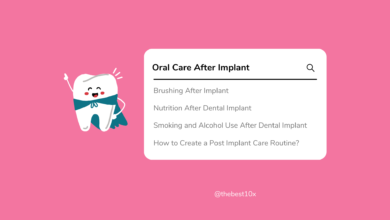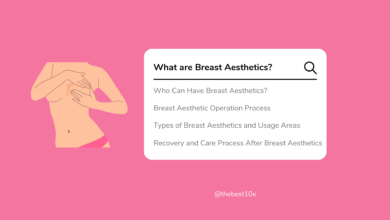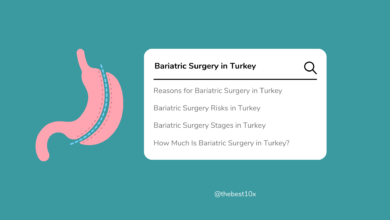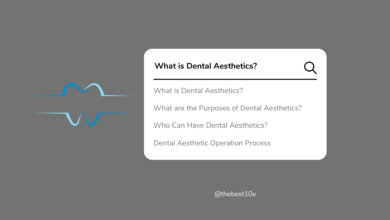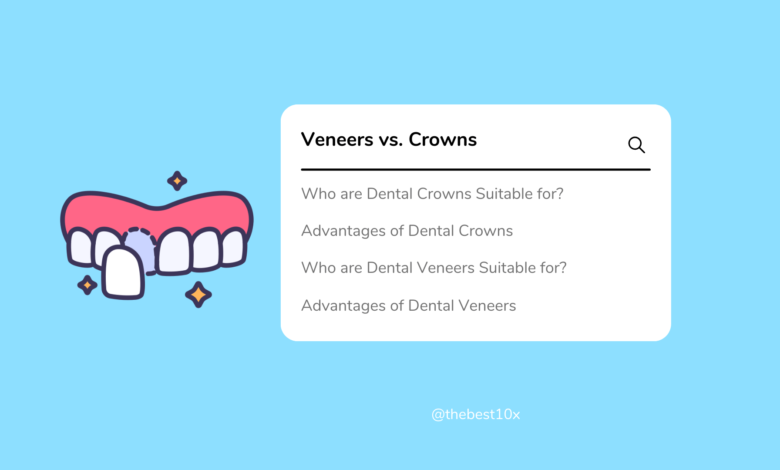
Veneers vs. Crowns: Which Option is Right For You?
What are Dental Crowns?
Dental crowns are a prosthetic solution used in dentistry and are applied to cover or restore the upper part of the tooth. The procedure usually involves the following steps: First, the dentist examines the tooth and shapes it if necessary. Then, impressions of the prepared tooth are taken, sent to the laboratory and a permanent crown is prepared. A temporary crown can also be applied. In the final stage, the permanent crown from the laboratory is bonded to the tooth. Thanks to this process, the tooth’s durability, aesthetic appearance and function are restored.
Who are Dental Crowns Suitable for?
Dental crowns are used in a variety of situations. It is a suitable solution for restoring decayed, broken, worn or weakened teeth, correcting the shape of the tooth, in cases of large-scale tooth loss and for aesthetic improvements.
Features of Dental Crowns
Dental crowns are usually made of porcelain, ceramic, metal alloy or a combination of these. These crowns cover all or most of the tooth and are durable. They can be custom-made to match the natural tooth in color and form.
Advantages of Dental Crowns
Dental crowns offer the advantages of restoring the strength of teeth, improving aesthetic appearance, treating various dental problems and providing a long-lasting solution.
Disadvantages:
The disadvantages of this procedure include the need to shape the tooth, the removal of more tooth tissue, the cost, and sometimes a temporary aesthetic condition during the process of applying a temporary crown.
What are Dental Veneers?
Dental veneers are thin veneers applied to the front surface of the teeth and are usually used for aesthetic purposes. As a first step, the dentist assesses the patient’s wishes, shapes the teeth and takes impressions. While a permanent veneer is being prepared in the laboratory, a temporary veneer can be applied. In the final stage, the veneers from the laboratory are bonded to the tooth.
Who are Dental Veneers Suitable for?
Dental veneers are intended for people who want aesthetic improvements, such as those who want a change in color, have tooth deformities or have teeth with gaps.
Features of Dental Veneers
Dental veneers, which are thin veneers, provide an aesthetic improvement by bonding to the front surface of the tooth. They preserve the structure of the natural tooth and provide a harmonious appearance in terms of color and form.
Advantages of Dental Veneers
Dental veneers offer the advantages of achieving fast results by providing an aesthetic improvement, preserving the natural structure of the tooth and are generally less invasive.
Disadvantages of Dental Veneers
Disadvantages may include the fact that it is a permanent procedure, the need for minimal shaping of the tooth, and that it is more limited in terms of durability than dental crowns.
Dental crowns and dental veneers are different types of dental veneers, each providing effective results in specific situations. Dental crowns offer a comprehensive solution for a wide range of dental problems, while dental veneers are a fast and minimally invasive option, especially for patients with aesthetic concerns. While both techniques offer advantages in restoring the durability and aesthetic appearance of the teeth, the preferred method is determined depending on the patient’s individual needs, dental health status and aesthetic expectations. Dental crowns and dental veneers are reliable solutions that play critical roles for aesthetic and functional improvements in dentistry.

